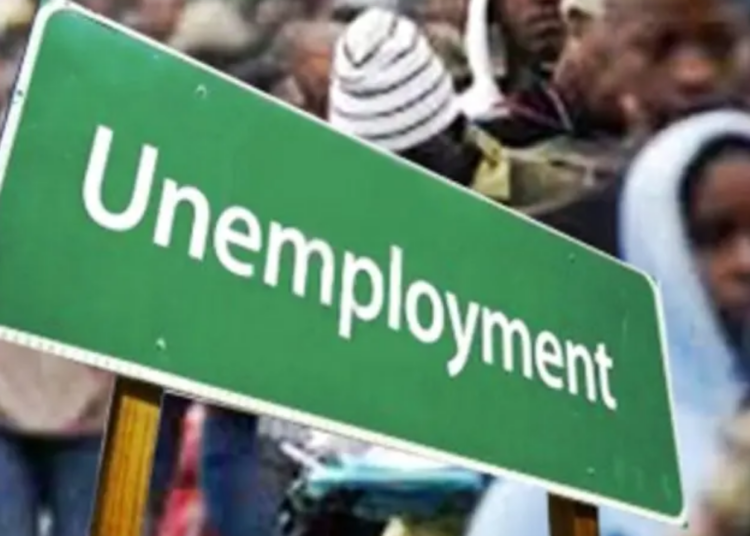Nigeria’s economic space was recently taken aback after the National Bureau of Statistics (NBS) released its new unemployment data. As contained in the data put out by the Bureau, new employment figures showed a 4.1 percent unemployment rate, down from 33 percent in Q4 2020. The report claimed that 13.4 per cent are on wage employment, and 75.4 per cent are operating their own businesses or engaging in farming in the first quarter of 2023.
The NBS last published unemployment data was in March 2021, where it reported a record high 33.3 per cent jobless rate in the fourth quarter of 2020. It considers underemployment as those working less than 40 hours a week and declaring themselves willing and available to work. It also increased the labour force age limit from 15-65 years to 15 and above.
The new data methodology specifies that the minimum of one hour of work in a week means gainfully employed. The report further posited that a new methodology sanctioned by the International Labour Organisation (ILO) was used in the data gathering process.
Defending the adoption of the ILO method, NBS said that the revised data “aligns with the rates in other developing countries where work, even if only for a few hours and in low-productivity jobs, is essential to make ends meet, particularly in the absence of any social protection for the unemployed.”
The method expectedly generated reactions and raised eyebrows especially after the former Statistician-general of Nigeria and CEO of the National Bureau of Statistics, Yemi Kale, faulted the new methodology.
Barely a week after the NBS data release, Kale said he chose not to alter how the country collected unemployment data during his tenure as head of the national data collection body because the new methodology falls short of providing adequate information for policymakers. Kale also revealed that for 10 years, he resisted the pressure to adopt the new data collection system because it contradicted the system Nigeria operates. Other commentators have also questioned some of the key indices adopted in the new method.
While we encourage such a debate as long as it remains robust, constructive, insightful and well-intended, the notion that this new method seeks to refocus the approach to what amounts to unemployment is instructive. This is more so as it is becoming obvious that, as a nation, we can’t afford to lose sight of appreciating the peculiar realities of our economic environment. This is fundamental to any genuine approach to solving the problem of unemployment hovering around the nation like the proverbial sword of Damocles.
It is pertinent to point out that this is not the time for a cosmetic approach to decades-long crisis we face. Any attempt at a public relation’s stunt on this sensitive issue won’t augur well for the administration and, by implication, the country.
What Nigerians want to see, in our view, are concrete steps taken towards creating jobs. Even before 1999 when the nation reinstituted democratic rule, the challenge of high unemployment was already there.
It is important to note that as industries close down, especially in recent years, capital flight becoming the order of the day, foreign direct investments shrinking, it does not need the study of rocket science to know that the unemployment numbers are bound to increase exponentially.
Interestingly, in our opinion, the immediate past administration of Muhammadu Buhari had in 2015, promised to create three million jobs yearly. Sadly, available data show that the government left more Nigerians poorer and unemployed than it met in 2015, despite an unprecedented debt profile.
That said, the debate over whether job creation should be left in the hands of the private sector alone seems not to be conclusive. Of course, the government needs to create the enabling environment for small and medium scale businesses to thrive.
From ensuring security, to low interest rates, stable exchange rate, policy consistency among others, the state has to be proactive in policy formulation and execution so as to give employable youths and others the hope they need to sustain their expectations.
To this end, we believe the government should deliberately participate in vital economic sectors and sub-sectors. So far, reports of foreign donors pledging to invest in the economy are welcome. We commend the effort of the new administration in wooing foreign investors just as we urge that it doesn’t get dragged into adopting a metric system to gauge its performance on the economy that risks leaving many behind.
The managers of the government information flow argue that the Tinubu administration inherited a huge burden. That should not be news. The decision to run for office was his and he knew the challenges he will have to face. What Nigerians expect from him are plans and actions that will improve their circumstances. Nothing short of that will suffice.





